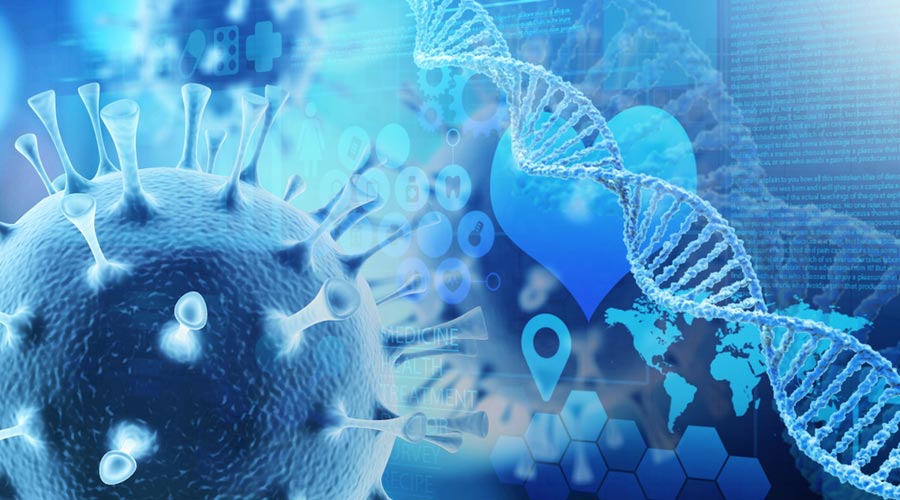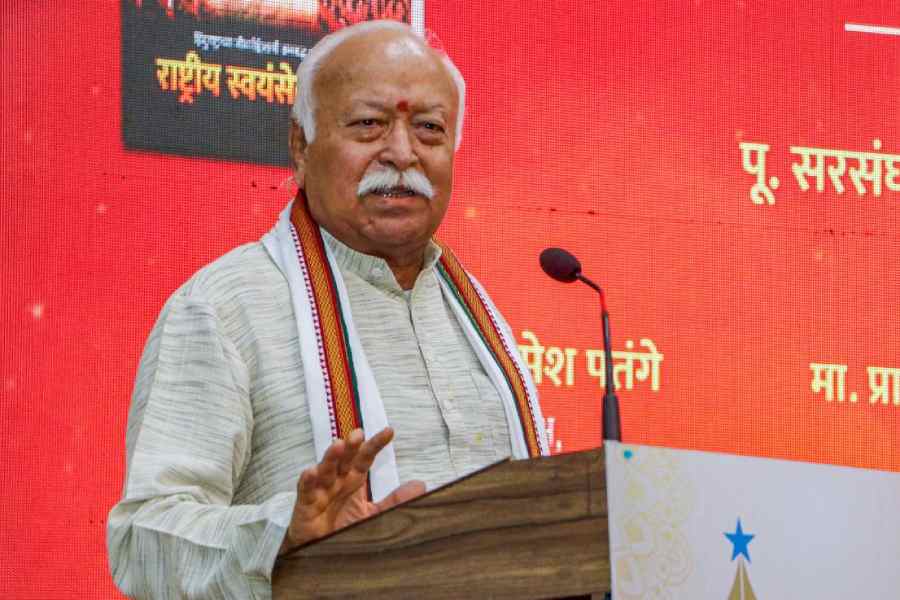The SARS-CoV-2 coronavirus harboured by bats crossed over to humans. The trigger for every viral pandemic in this century, including HIV, the influenza pandemic of 1918, and now Covid-19, has been a ‘spillover’ event — an infectious pathogen jumping onto humans after originating in animals. The possibility of a future pandemic is high; a major reason being environmental damage that is bringing humans closer to animals.
Considerable discussions are taking place to prepare ourselves against future pandemics. In a recent commentary in Nature, six eminent scientists stated, “A reactive response to catastrophe need not be the norm.” UNESCO-TWAS (The World Academy of Sciences) has set up a Technical Advisory Committee on Covid-19 comprising scientists, including me, from 14 countries of the developing world. This committee noted that “The COVID-19 pandemic has demonstrated... the critical importance of genomic surveillance and data sharing...” Many countries had rapidly put together infrastructure for RNA sequencing and RT-PCR testing. But this was not possible for many countries of the Global South. It may not even be possible in the near future. Therefore, multiple networks of cooperation to share expertise and sequencing facilities must be formed, especially in the Global South, to prevent future pandemics. If the current inequities across countries persist with respect to genomic surveillance, pandemics can never be prevented. To arrest outbreaks and spread of infections, genomic surveillance is necessary but not sufficient. Surveillance data must be freely shared globally. During the initial stages of the present pandemic, many countries did not deposit RNA sequence data to a central database for others to track. Such hesitancy is unacceptable. Nations must come to an agreement on sharing sequence data of infectious pathogens, not just during epidemics but also in normal times.
Frequent episodes of spillover are worrying. Many of these spillovers have resulted in massive mortalities. How can we prevent spillovers? Those six scientists suggested four preventive measures: protection of forests; regulating wildlife trade; biosecuring farms; improving economic security of people to reduce their engagement in high-risk activities.
Deforestation brings us closer to wildlife that host pathogens. Agricultural productivity can be increased even without destroying forests through better management, redistribution of resources, and a strong political will. This was demonstrated in the Amazon rainforest during 2004-2012 when there was a 70% reduction in deforestation. Collecting date palm sap in earthen pots attached to trees is an important seasonal economic activity in many regions, including Bengal. The pots come in contact with bats that roost on palm trees. Bats often contaminate the pots with human pathogens. Indeed, in 2016, this practice was linked to Nipah virus infections in Bangladesh. In the Sunderbans, people enter the forest to collect honey and firewood, coming in contact with pathogen-bearing wildlife. Training to modulate the way they perform these risky activities and economic rehabilitation of the marginalised would reduce spillovers.
The trade of live wild animals must be regulated to reduce public-health risk. China has banned trade and consumption of most terrestrial wildlife. The ban must continue in China and be imposed by other countries.
In sum, monitoring of pathogens using genomic technologies, global sharing of data and steps to prevent spillovers are essential to curtail pandemics. These require resources. Fortunately, the G20 has provisionally agreed to create a global fund for pandemics. An agreement to improve global approaches to pandemics is being discussed by the World Health Assembly and a draft global biodiversity framework is being negotiated by signatories to the Convention on Biological Diversity.
Rapid collective action is necessary to save humanity from another calamity.
Partha P. Majumder is National Science Chair, Government of India











